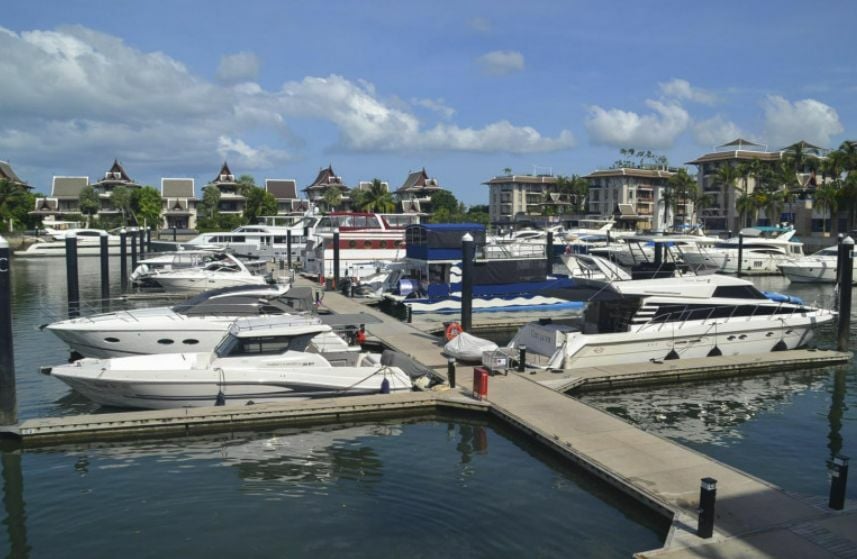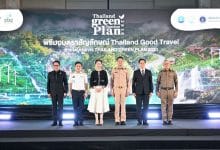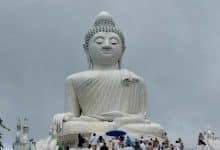Phuket tourism operators push for international convention centre

In a bid to elevate Phuket’s status as an exhibition hub, local tourism operators are urging for the rapid implementation of a long-stalled project for an international convention centre and a freeport city initiative. The urgency has arisen due to the impending enforcement of new environmental laws which may necessitate a redesign of the project.
The Health Ministry recently abandoned its plans for a traveller health centre on a 140-rai seaside plot in the Mai Khao subdistrict. This location was initially earmarked for Phuket’s first international convention and exhibition centre.
Thanet Tantipiriyakit, the president of the Phuket Tourist Association, disclosed that following objections to the traveller health centre, both public and private sectors prefer the land to be utilised for generating an economic impact for the entire province.
The tourism sector in Phuket has already tabled a proposal for the exhibition centre to the provincial Joint Public and Private Consultative Committee (JPPCC) and plans to present it to the Andaman JPPCC meeting in December.
Three alternatives are suggested in the proposal for the government’s consideration. These include a public-private partnership model enabling investment from a professional exhibition management company, delegating related authorities to oversee the project’s construction and management, or allowing the government to invest independently and granting operating rights to the private sector.
Imminent environmental laws, expected to restrict the construction of structures larger than 30,000 square metres in the area, could potentially influence the current exhibition hall’s conceptual design, which requires around 32,000 sq m of space. To adhere to the original plan, the project needs to be fast-tracked.
Freeport concept
Thanet lamented that despite Phuket being declared as one of Thailand’s 10 meetings, incentives, conventions and exhibitions (MICE) cities, it remains the only province lacking an exhibition hall. He voiced support for the previous Tourism and Sports Minister Phiphat Ratchakitprakarn’s suggestion to establish Phuket as a duty-free island to attract tourism expenditure.
Thanet proposed a slight modification to the idea, advocating for Phuket to become a free port province to bolster the island’s status as a marina hub. He reasoned that the concept of a duty-free town might not resonate with tourists as it did in the past. However, designating Phuket as a free port city could attract specific groups, especially the marina market, with four marinas already in existence and a fifth one slated to open soon, reported Bangkok Post.
The free port concept would encourage yacht manufacturers and owners to consider using the province as a hub. They can import vessels or machine parts to the province without the burden of taxes or complex customs procedures. This plan could be seamlessly integrated with the exhibition centre project, as Phuket could host large cruise and yacht trade shows.
The local industry stands to benefit from technology transfers from experts, and more job opportunities would be created if the province serves as a hub for yacht maintenance. Thanet asserted that the exhibition centre and free port policy could mutually enhance each other.
Event organisers and international vendors would choose Phuket if they could import products to showcase at trade shows without the hassle of taxes and complicated procedures.
Latest Thailand News
Follow The Thaiger on Google News:


























